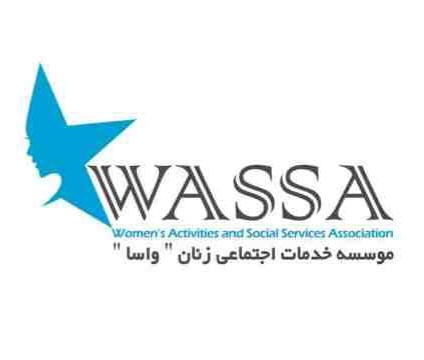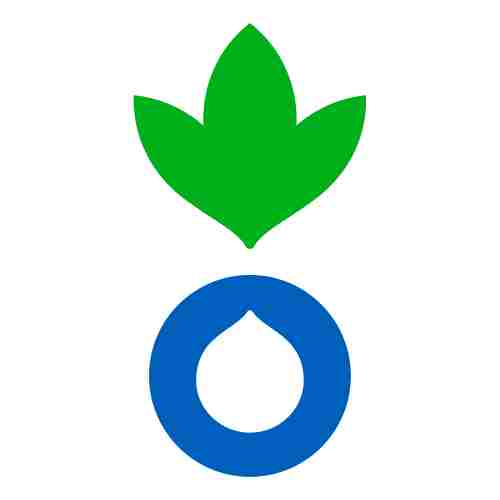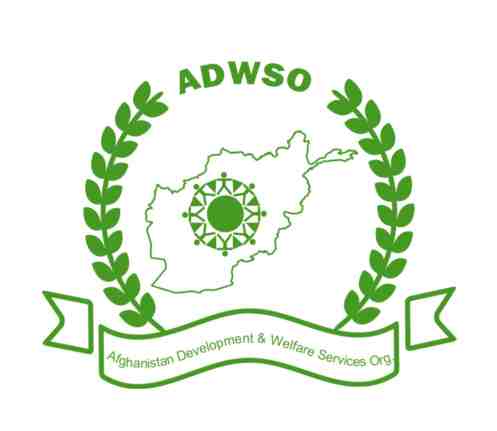Diversity, Equity and Inclusion are core principles at UNDP: we value diversity as an expression of the multiplicity of nations and cultures where we operate, we foster inclusion as a way of ensuring all personnel are empowered to contribute to our mission, and we ensure equity and fairness in all our actions. Taking a ‘leave no one behind’ approach to our diversity efforts means increasing representation of underserved populations. People who identify as belonging to marginalized or excluded populations are strongly encouraged to apply. Learn more about working at UNDP including our values and inspiring stories.
UNDP does not tolerate sexual exploitation and abuse, any kind of harassment, including sexual harassment, and discrimination. All selected candidates will, therefore, undergo rigorous reference and background checks.
Background and Organizational Context
UNDP is the leading United Nations organization fighting to tackle the injustices of poverty, inequality, and climate change on a global scale. Working with our broad network of experts, host governments and partners in 170 countries, we help nations to build integrated, lasting solutions for people and planet. UNDP has been working in Afghanistan for more than 50 years on climate change and resilience, gender, governance, health, livelihoods, and rule of law.
Following the power shift in August 2021, the situation for the country remains largely uncertain and fragile, with approximately seventy percent of the population facing multifaceted vulnerabilities affecting their well-being, human security and long-term development while nearly a third of the population are estimated to be acutely food insecure. Over the recent years, international assistance has played a vital role in averting a socioeconomic collapse by providing lifesaving, resilience-building and livelihoods-sustaining assistance to millions of people, hundreds of critical healthcare and educational centres, and tens of thousands of small and medium enterprises, often owned and managed by women. Nevertheless, the humanitarian challenge in Afghanistan is one of the biggest in the world, and basic human needs and priorities remain extremely high. In 2024, 95 percent of households experienced at least one shock of an economic or natural disaster nature such as floods, droughts and others.
To help tackle the pressing challenges for enduring livelihoods and climate resilience, UNDP is designing fit-for-purpose portfolios of programs to create new livelihoods, income opportunities, basic services and to build resilience against climate-induced natural calamities that continue to haunt millions of households in the country.
Afghanistan remains one of the most gender-unequal countries in the world, with women facing systemic challenges hindering their access to education and employment opportunities in the public sector and restricting their participation in public life. UNDP remains committed to women's empowerment through capacity-building initiatives, livelihoods and self-employment/employment support, enhancing gender-responsive decision-making at community level, and supporting local communities to include women, in line with UNSCR 1325 (Women, Peace, and Security).
Programme implementation is overseen with support from the Programme Management Support Unit (PMSU) which serves as the independent internal quality assurance mechanism separated from project design and implementation. The main priorities of this unit are to ensure quality programme design, effective Results Based Management, Programme coherence, appropriate application of social and environment safeguards, compliance with corporate policies and procedures throughout the programme cycle, proper programme financial management, effective and accurate financial resources management and oversight, ensures effective budgeting and management of development projects’ resources, including financial sustainability planning for the office, and HACT planning and implementation. PMSU works in close collaboration with the country office Operations on efficiency and compliance related to delivery, finance and audits.





